Dental veneers are a great way to improve your smile’s appearance. In this article, we will discuss what you need to know before getting dental veneers.
What are dental veneers?
Dental veneers are thin shells that are placed on the front of your teeth to improve their appearance. They can treat cosmetic issues such as chipped, broken, discoloured, or smaller-than-average teeth. Dental veneers are usually made of porcelain or resin-composite materials and are permanently bonded to your teeth.
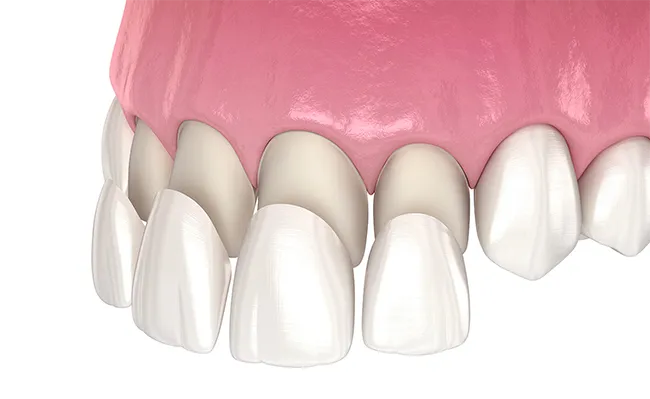
Types of dental veneers
Traditional dental veneers require intensive prep work, while no-prep veneers are less invasive. Traditional veneers often involve grinding down the tooth structure, sometimes removing some of the tooth, which is an irreversible and sometimes painful procedure that requires a local anaesthetic. No-prep veneers only affect the enamel, which means they take less time and are less invasive to apply.
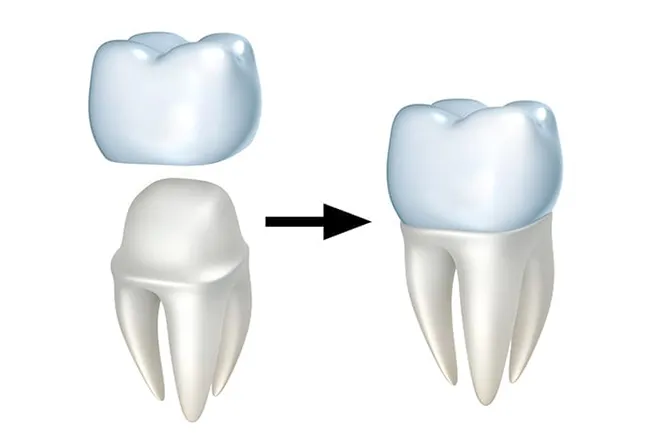
Porcelain veneers
Porcelain veneers are made by grinding down your teeth and making a mould that is sent to a lab to make the veneer. Once the veneer is ready, your dentist will place it on your tooth and cement it in place. Temporary veneers may be used until the permanent veneers come back from the lab.
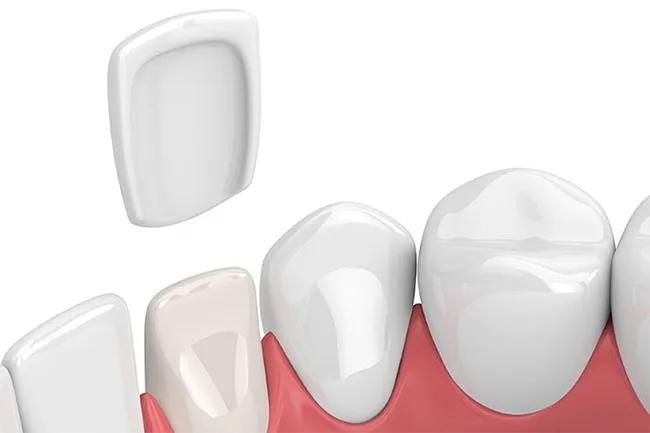
Composite resin veneers
Composite resin veneers involve etching the surface of your tooth before applying a thin layer of composite material to your tooth. Additional layers may be necessary to achieve your intended look, and your dentist will finish by hardening the composite veneer with a special light.
No-prep veneers
No-prep veneers, such as Lumineers and Vivaneers, are less invasive and take less time to apply. They only affect the enamel and often don’t require a local anaesthetic or temporary veneers.
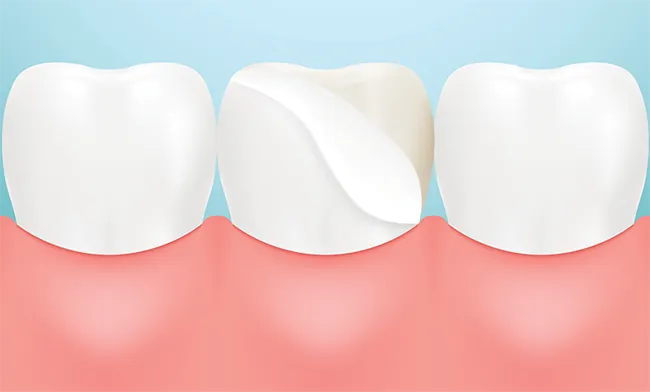
Choosing the best veneer for you
Factors to consider when choosing a veneer include cost, length of installation, appearance, longevity, and most importantly your dentist’s recommendation, as your teeth may be better suited to a particular veneer type.
You can book a consultation to discuss your choices with us at a time that suits you.
Dental Veneers: Before and after
Veneers can make a significant difference in the appearance of your teeth, taking you from a chipped, cracked, misshapen, or stained tooth to an evenly shaped, naturally coloured tooth.
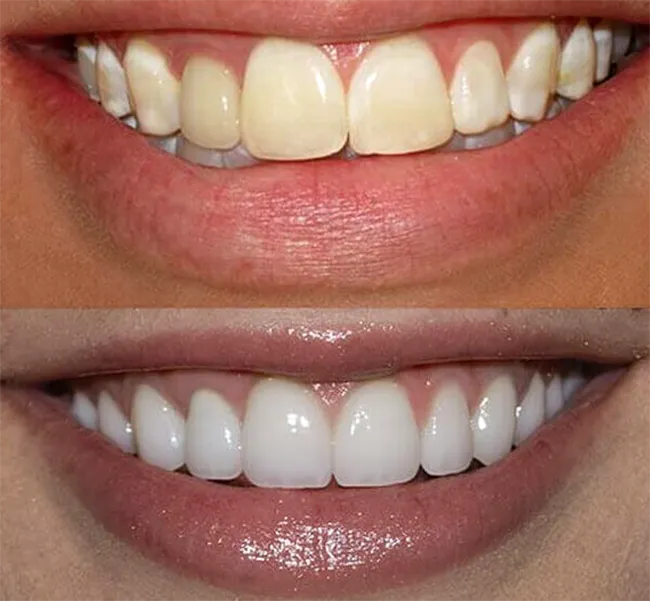
Veneer costs
Veneers are usually not covered by insurance because they’re considered a cosmetic procedure. The cost ranges from $925 to $2,500 per tooth for traditional veneers and $400 to $2,000 per tooth for composite veneers, depending on factors like type, veneer brand, and dentist expertise.
What are the benefits of veneers?
The biggest benefit to veneers is improving the appearance of your teeth, giving you a brighter and more even smile. Veneers can treat broken or chipped teeth, severe discoloration, gaps, smaller-than-average teeth, pointed or unusually shaped teeth. They can last over a decade, making them a semipermanent investment that boosts your confidence.
Preparing for your appointment
Before getting veneers, it is important that you discuss your various options and how many veneers you want with your dentist. Sometimes, if your teeth are crooked or uneven, you may need braces before we can place the veneers.
X-rays will often be taken to evaluate your teeth’s health.

Caring for your veneers
Once your veneers are in place, it’s important to take good care of them to ensure their longevity. Here are some tips for caring for your veneers:
- Practice good oral hygiene: Brush twice daily, floss regularly, and use mouthwash to help keep your teeth and veneers clean.
- Avoid hard or sticky foods: Chewing on hard objects like ice or biting into sticky foods like caramel can damage your veneers.
- Visit your dentist regularly: Regular check-ups can help detect any issues early on and keep your veneers in good condition.
- Use a nightguard: If you grind your teeth at night, consider wearing a nightguard to protect your veneers.
- Avoid teeth-staining substances: To help maintain the appearance of your veneers, avoid consuming substances that can stain your teeth, such as coffee, tea, and red wine.
Conclusion: Veneers can be a great way to improve the appearance of your teeth and achieve the smile you’ve always wanted. Before you commit to the procedure, however, it’s important to do your research and weigh the pros and cons of different types of veneers. Consult with your dentist to determine the best course of action for your unique needs and budget. With proper care, your veneers can last for many years and give you the confidence to show off your smile.

